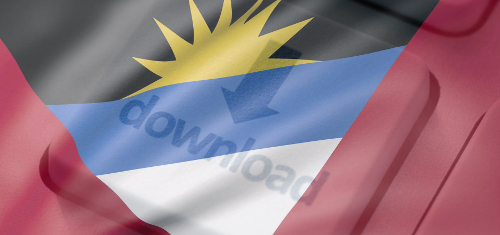 Antigua’s Prime Minister says his country’s “patience is wearing thin” over the United States’ refusal to negotiate a fair resolution to the two countries’ World Trade Organization (WTO) online gambling dispute.
Antigua’s Prime Minister says his country’s “patience is wearing thin” over the United States’ refusal to negotiate a fair resolution to the two countries’ World Trade Organization (WTO) online gambling dispute.
This week, Antiguan Prime Minister Gaston Browne delivered an address to the nation detailing his frustration in getting the US to abide by the 2004 WTO ruling that Antigua-licensed online gambling operators had been unfairly blocked from accessing the US market.
Browne said the illegal US action had resulted in “lost lucrative jobs for our people and significant revenues to our National Treasury” while the US “benefited by hundreds of millions of dollars from penalties and fines derived from prosecuting” Antigua-based gaming operators.
In 2007, WTO arbitrators determined that Antigua’s economy had suffered a $21m annual loss from the US gambling ban. As the US has so far refused to pay a penny of these damages, the total outstanding bill now exceeds $200m, and Browne says a relatively poor nation like Antigua “cannot afford to be deprived” of this sum.
After determining that the US had “taken no action to comply with the rulings,” the WTO authorized Antigua to suspend US intellectual property rights, essentially giving Antigua the right to sell US films, books, music and other copyrighted material without paying royalties.
Browne stressed that his administration, which took power following the June 2014 elections, hadn’t pursued this digital download strategy, opting instead to return in good faith to the negotiating table with the US Trade Representative.
Browne emphasized that Antigua was “not asking for anything more than that which we have lost, and to which we are entitled” under WTO rules. But the latest proposals from the USTR had been “regrettably paltry,” leading Browne’s cabinet to conclude that the USTR isn’t making “a serious commitment to resolve the issue.”
Browne has instructed Ambassador Ronald Sanders in Washington to renew negotiations, but Browne warned that “we may have to consider implementing the enforcement options.” Taking the digital download route was “not our preferred option” but Browne warned that “this matter has drawn on for too long to the severe disadvantage” of Antiguan citizens.
Browne stressed that his country’s decision to pursue a WTO claim “was not a hostile act or an indication of any lack of friendship toward the US” and that US tourists and investors “were then – as they are now – warmly welcomed in our country.”
US President Barack Obama has publicly claimed that “might is not right” in international trade and Browne hoped that Antigua and the US could maintain their relationship as “two friendly countries with a history of cooperation and collaboration.”
Browne noted that taking trade dispute claims to the WTO “is a recourse used by the US more than any other nation.” Browne concluded by saying Antigua’s government had a similar “duty of care to our people” and was “prepared to pursue the remedies as authorized by the WTO in the interest of fairness.”